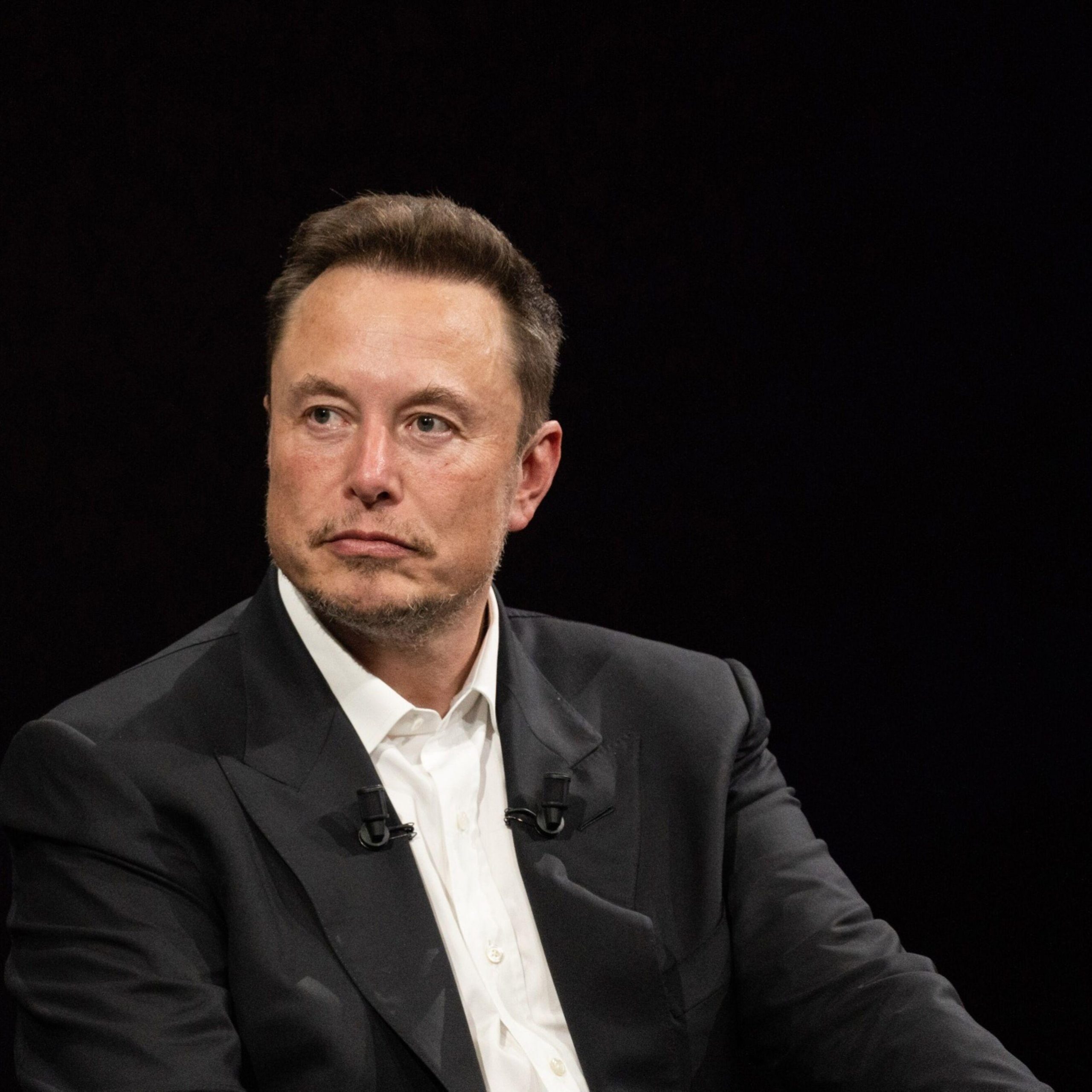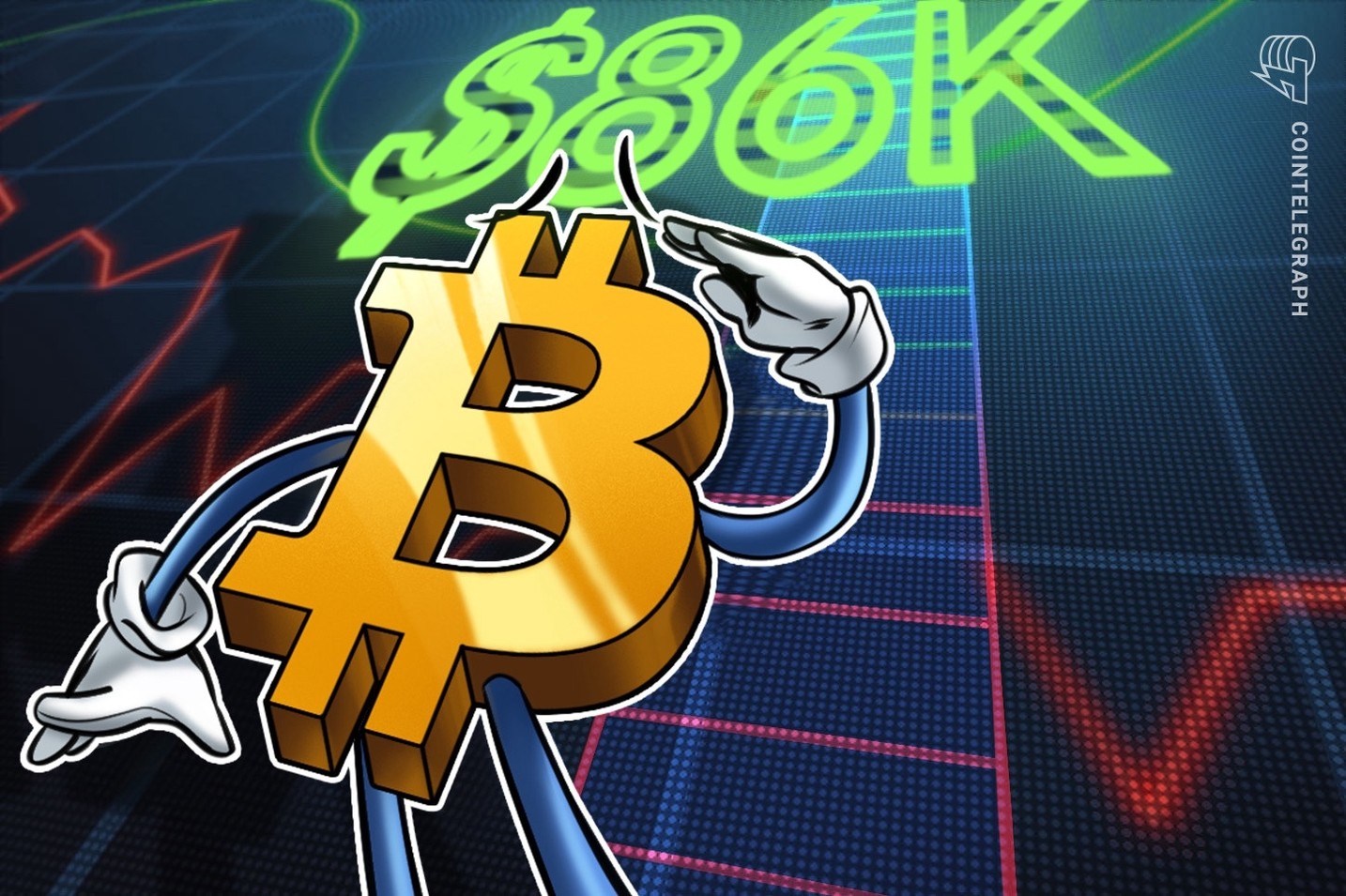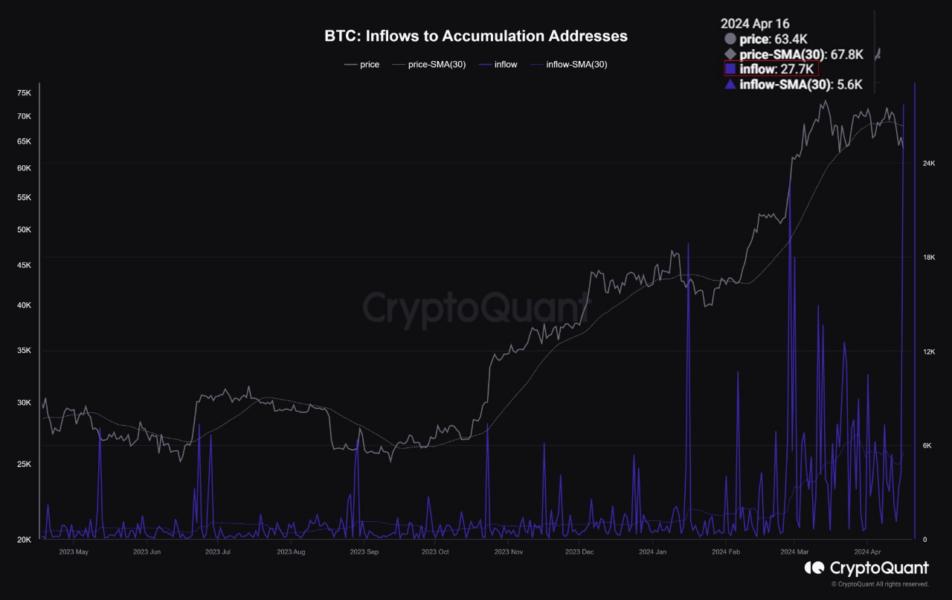The Kremlin is pushing back against claims that Vladimir Putin, Russia’s president, has been in continuous, secret communication with Elon Musk, the billionaire behind SpaceX and social platform X.
These claims, exclusively reported by The Wall Street Journal, say Musk and Putin have been in contact since 2022, covering topics from Starlink usage over Taiwan to Musk’s growing involvement in U.S. politics.
Kremlin spokesperson Dmitry Peskov dismissed the allegations as “absolutely false,” insisting that Putin and Musk spoke only once, long before 2022. “It was a medium-length phone call,” he said, where they discussed technology’s potential, but no further conversations followed.
The accusations
The Wall Street Journal report accused Musk of bending to political pressure from Putin, even hinting that he refrained from providing Starlink access over Taiwan at Beijing’s request, aligning Musk’s actions with Putin’s diplomatic actions toward China.
This same report speculates about Musk’s increasing closeness with Russia and Putin, given his critical stance on U.S. military aid to Ukraine and his visible support for Donald Trump’s re-election campaign.
According to Peskov, such stories are a symptom of the U.S. election season, where “opponents will stoop to any means.”
Elon Musk has secretly been in regular contact with Russian President Vladimir Putin since late 2022 https://t.co/GPxS9vZmZ9 https://t.co/GPxS9vZmZ9
— The Wall Street Journal (@WSJ) October 25, 2024
He emphasized the limited nature of contact, stressing that the single phone conversation involved a “fact-finding” discussion centered around “visionary technology” and futuristic prospects.
Beyond this one call, Peskov says no further exchanges happened between Putin and Musk, refuting any hints of a “regular” dialogue. In his words, allegations of ongoing talks are “most likely yet another fake story during a U.S. election campaign heated to the limit.”
The Wall Street Journal claimed that the Musk-Putin contacts may include Putin’s first deputy chief of staff, Sergei Kiriyenko, who remains a high-ranking Kremlin official involved in Russian media control.
Kiriyenko allegedly coordinated with Musk on maintaining certain content controls, an activity that reportedly includes Russian disinformation efforts on X, particularly after Musk purchased the platform in 2022.
Kiriyenko is known for spreading state-sponsored narratives, and he is implicated by the U.S. Department of Justice for managing online misinformation campaigns across 30 internet domains.
Trump, China, and Musk’s expanding influence
Musk’s tech empire (including SpaceX and Starlink) has gotten a lot of attention from U.S. officials. The WSJ report highlighted his influence on global satellite technology and its security implications, citing SpaceX’s role in national defense with top-secret clearance and Starlink’s ability to offer internet services globally, often in conflict-prone areas.
When the Russia-Ukraine war began in February 2022, Musk’s Starlink donated 15,000 terminals to Ukraine to support communication infrastructure amid Russian attacks. But the WSJ claims Moscow began pressuring Musk, resulting in his alleged restrictions on how Ukrainian forces used Starlink terminals.
By September 2022, around the time Musk’s alleged conversations with Putin began, he reportedly limited Ukrainian military access to Starlink services, drawing concerns from White House officials about Musk’s alliances.
U.S. officials, however, have limited awareness of these contacts. White House sources reported not being fully informed of Musk’s involvement with Kremlin contacts, while the Pentagon acknowledged the complexity of monitoring Starlink usage.
With Musk owning X and supporting Trump’s campaign, many officials worry about the sensitive nature of these ties, especially given the billionaire’s strong opinions on government transparency and top-secret information.
Despite these concerns, sources say the U.S. relies heavily on Musk’s technology, describing it as indispensable, especially as NASA continues to rely on SpaceX to launch astronauts to the International Space Station.
One government source admitted, “They don’t love it,” referring to Musk’s reported Kremlin ties, yet no security alerts have been raised.
Musk’s history with Russia dates back over 20 years. Walter Isaacson’s biography recounts Musk’s trip to Moscow in 2002 to negotiate rocket purchases, only for talks to falter after an intense lunch involving vodka. The Russians left him with a vodka bottle engraved with Musk’s likeness on Mars.
These days, Musk’s attention to Russian matters is less about rockets and more about high-stakes geopolitics. He also keeps having infamous exchanges with controversial figures like Argentina’s Javier Milei and Brazil’s former President Jair Bolsonaro.





